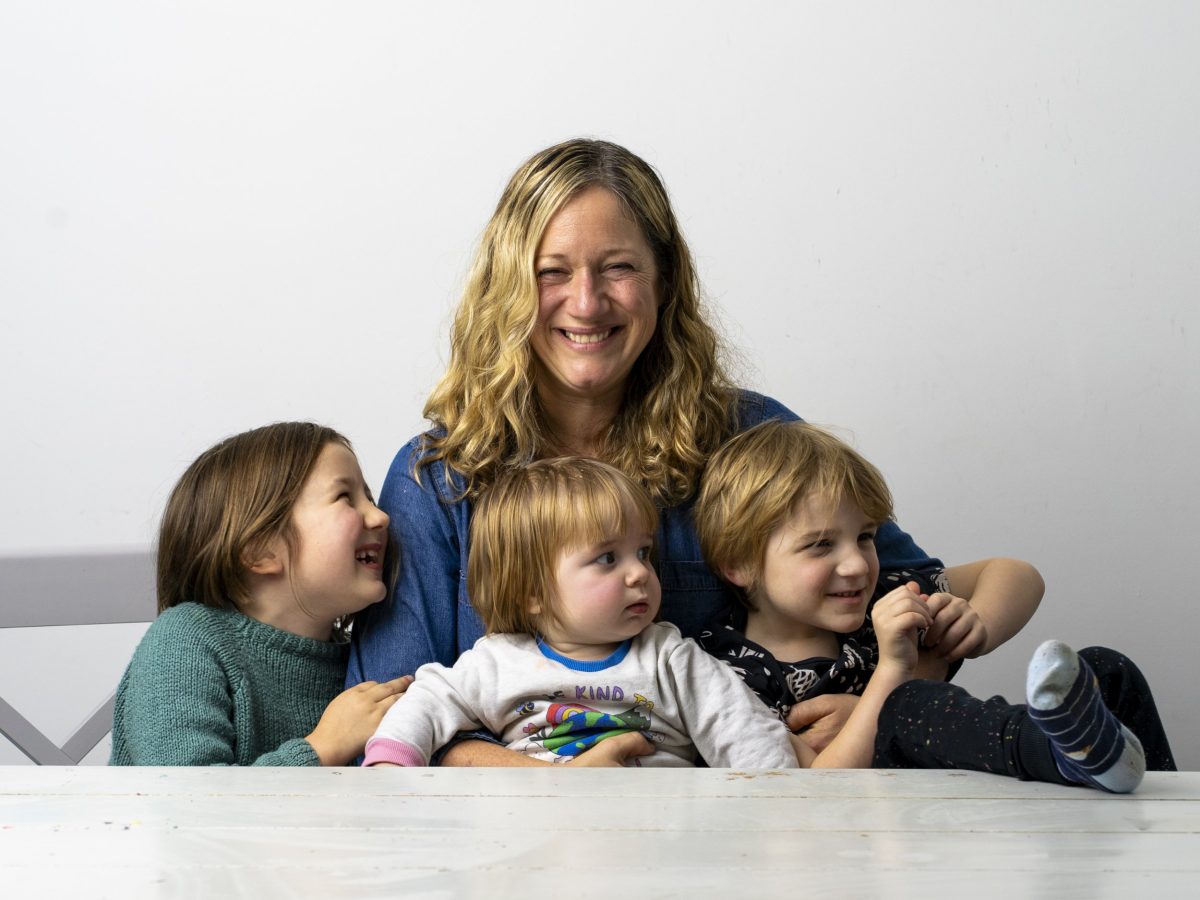I Tested My DNA to Find My Perfect Sleep Routine – I Feel Calmer and Need Less Coffee

Understanding My Genetic Blueprint
I always believed I was a morning person. For the past five years, I’ve been up by 6am. My conversation skills start to fade around 8pm, and I often struggle to stay awake for the News at Ten. I also find myself falling asleep during bedtime stories with my children at least twice a week. This isn’t just a phase of life; it’s something deeper.
In my early twenties, I used to wake up early for beautiful sunrises while traveling. At Glastonbury, I was back in my tent by midnight. Except for my first year at university, when freedom kept me up till dawn, I’ve lived life as a lark. However, after getting my DNA tested by Stride, a health platform that analyses genetic blueprints, I discovered that by nature, I’m actually a night owl.
The Rise of Personalised Health Tracking
Stride is part of a new wave of companies offering internal health tracking so clients can optimise wellness and prevent disease. This summer, it will launch a membership service providing individualised health advice and tailored supplements. By analysing DNA, which remains static, and regularly checking blood, gut microbiome, and biological age, clients can track improvements in their health.
Everyone who takes the test will learn about their unique blueprint and make lifestyle changes to live in an optimum way in terms of energy and health for their body.
My DNA Test Results
My DNA test revealed that I handle stress well because I metabolise dopamine quickly. However, I carry a variation in the MTHFR gene, which reduces how efficiently my body converts dietary folate by up to 70 per cent. After receiving the results, I started taking a supplement and noticed a significant increase in energy.
But what really surprised me was the sleep result: how could I have been so wrong?
The Genes That Make Me a Night Owl
Bianca Van Aswegen, lead expert for Stride, explains that we each have a “chronotype” – our body’s natural preference for being active at different times of day. She told me that my DNA results suggest an evening chronotype. A mix of nine main genes contributes to this, and the combination of variants within each gene suggests whether I’m likely to feel more alert and focused early in the morning or later in the day.
It turns out that I carry variations of two key sleep genes called PER3 and PER2, which are strongly associated with staying up late. These genes are central to biological clock regulation, meaning while I might be able to get away with less sleep, I’m likely to be more prone to sleep disturbances.
Van Aswegen also mentioned that three other genes affect how my brain responds to light and the sleep hormone melatonin, making me even more of an evening person.
Adjusting My Lifestyle According to My Chronotype
If it all sounds like programming code, that’s because it is: decoding our genetic information allows us to discover not just disease risks but also personality traits. And apparently, my lifelong lark habit goes against my genetic code, meaning I might be snoozing through prime alert hours.
I wanted to find out what happens if I follow nature’s original intentions instead of habit and social conditioning. If I’ve been fighting my chronotype all my life, maybe I’ll discover a hidden genius?
Van Aswegen explained that living with an earlier schedule doesn’t mean your DNA is wrong; it just means you’ve adapted. Social and work demands often override natural rhythms; your DNA gives a tendency, not a destiny.
She suggested aligning my schedule to my natural rhythm by shifting demanding tasks later, as I may feel sharper in the afternoon or evening. Avoiding early morning workouts and using morning light to reset my clock were also recommended.
My Experiment with a New Routine
With three young children who need dropping at school and nursery before nine am, lying in until mid-morning isn’t an option. But instead of getting up between five and six am, I pushed it back to between seven and seven thirty.
In the evenings, rather than going to bed between nine and ten, I tried to stay up until eleven pm. On day one, staying in bed until 7.30am felt like a huge lie-in. I was awake as usual and felt restless trying to doze.
When my children woke, we had a cuddle before getting up and scrambling to get into school on time. I tried working in the evening, but was too tired and drifted into sleep while typing. It was a strange sensation, but I remained hopeful.
Within three days, I started sleeping until 7am. However, this did mean we were late into school one day, and my daughter asked me to make sure this didn’t happen again.
What Else My DNA Revealed
Stress Warrior: A gene called COMT shows I process dopamine faster than average, giving me greater stress resilience. This might explain why I preferred exams to coursework at school.
Caffeine Slow Burner: I process caffeine slowly, so it stays in my system longer. No surprise – I can’t have coffee after 10am or it wrecks my sleep.
Faulty Folate Processor: I carry a variation in the MTHFR gene, which affects how efficiently my body processes folate. This reduces the enzyme’s activity by up to 70 per cent, so I need more leafy greens and should consider supplements.
Stride offers at-home health tests at getstride.com. Premium membership StrideOne (launching September) costs £499 per year.

Posting Komentar untuk "I Tested My DNA to Find My Perfect Sleep Routine – I Feel Calmer and Need Less Coffee"